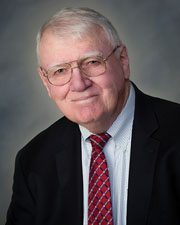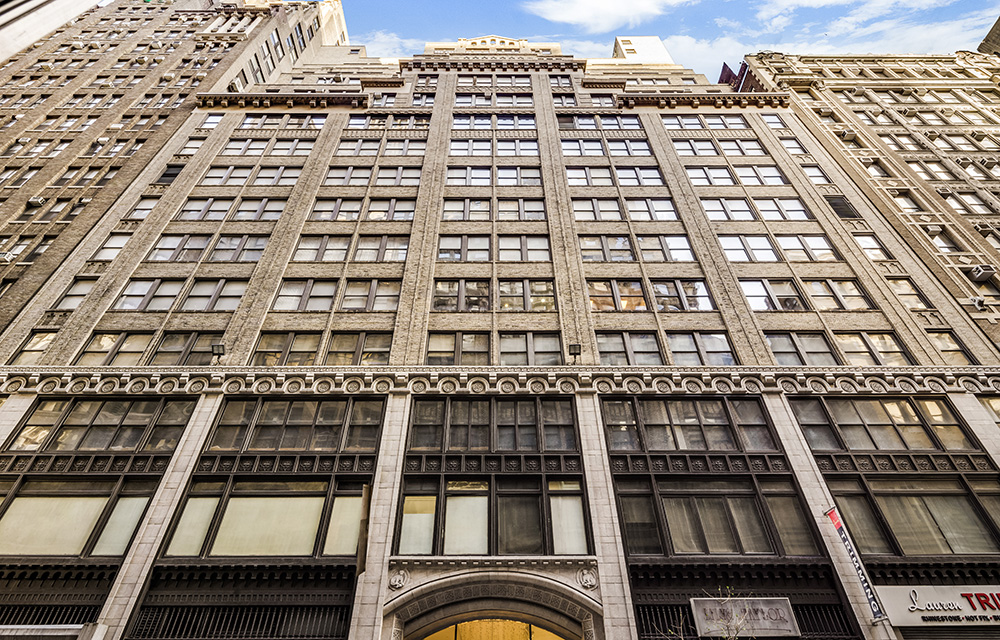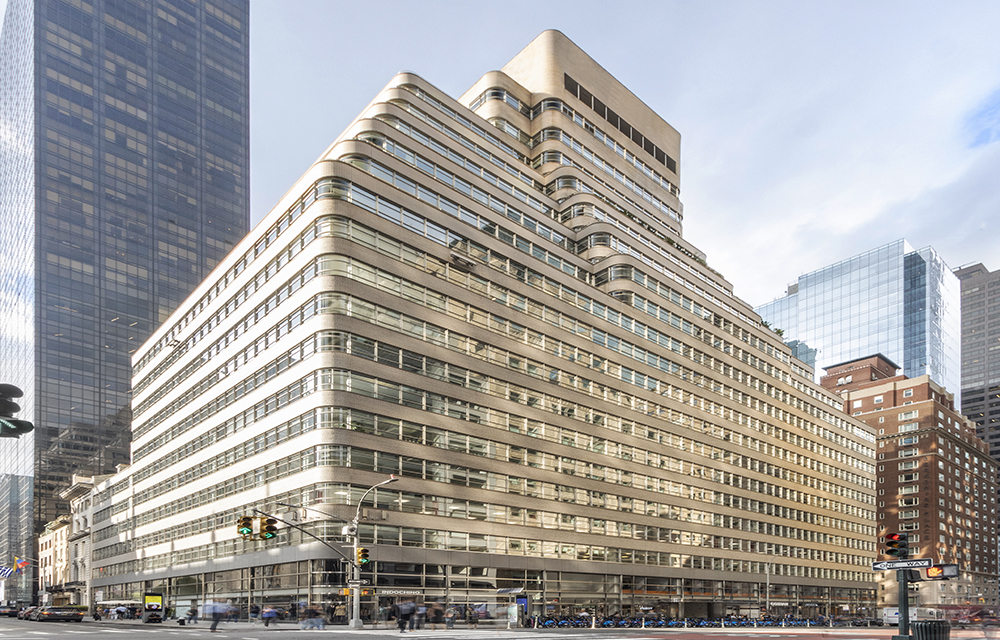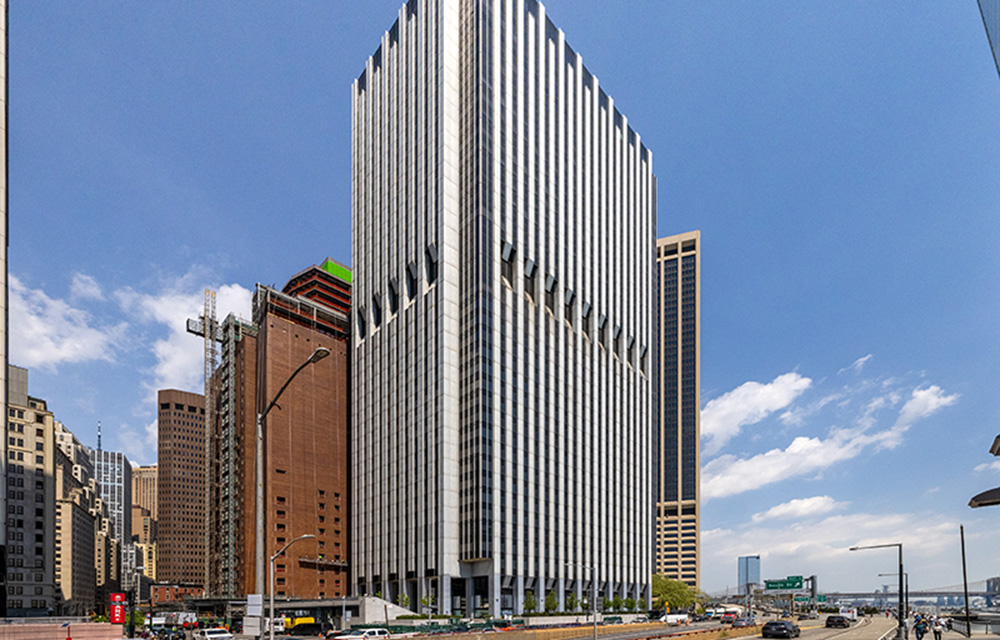Mediation in the current world of COVID-19, revisited - by Peter Mastaglio

It goes without saying that all aspects of our lives are affected by the dangers and restrictions imposed by the COVID-19 pandemic. On the professional side, for those who practice civil and commercial litigation, courtrooms are still closed. We have been practicing law from our homes and now, gradually, returning to our offices. As for the courts, they are effectively shut down for the near future, and deposition dates and other mandated discovery responses have been extended.
The focus of this article is mediation and specifically the savings in client management and staff time in addressing the litigation issues during the remaining multi-year course of the dispute. Whether the mediation session should precede, take place during the course of, or await the conclusion of document and deposition discovery, there should be no question that the session should take place “the sooner the better.”
The specific issue before us then is whether the decision to mediate and whether the scheduling of a session should take place now or await the opening of the courthouses and the imposition of enforceable appearance and discovery response dates. That decision can only be made if it is possible at this point in time for the mediation firm or mediator to make the arrangements for consultation with counsel beforehand, review pleadings, past decisions and mediation statements and, of course conduct the session itself.
Many of those elements of mediation are still easily achievable. The main problem lies with the establishment of a location for, and the mechanics of, the session itself in view of the public health limitations placed on us by the virus and our governmental leaders.
Every mediation will involve at least five participants -— two clients, two attorneys and the mediator. That number grows as parties in interest, additional client representatives, etc. are added. The current pandemic in-person limitations, the constraints placed on inter and intrastate travel and the social distancing and quarantines imposed dictate that the traditional single site model for a mediation session will no longer work in most cases while the pandemic limitations are in effect. What is needed to meet the clients growing demand for mediation, are video and telephonic systems that NAM (National Arbitration and Mediation) can provide from multiple locations.
The circumstances described above, suggesting a delay of the mediation session until after the travel and distance restrictions are lifted, do not apply in all circumstances.
For example, when the likely result of the mediation will be a commitment on the part of one of the parties to pay a substantial sum, as money damages, the ability of the party making the payment is always an issue. He or she may well decide that now is the time to negotiate since an upswing of the economy and a resulting increase in the values of assets/properties is far from guaranteed.
Another factor to consider is that, when the current crisis ends, there will be enormous pressure placed on litigation counsel. All of those hearings, arguments, litigation papers and trials will be ready to move forward, yet will the court have the capacity to hear those cases all at once? In all likelihood the backlog may only get worse. We should seriously consider whether, it makes sense that a specific contemplated mediation case should move forward now, to be concluded as quickly as possible.
Peter Mastaglio, Esq. is a member of NAM’s (National Arbitration and Mediation) Hearing Officer Panel, New York, N.Y.
Meridian Capital Group arranges 10-year retail lease for Mess at 236 West 10th St.


AI comes to public relations, but be cautious, experts say - by Harry Zlokower

Behind the post: Why reels, stories, and shorts work for CRE (and how to use them) - by Kimberly Zar Bloorian

Lasting effects of eminent domain on commercial development - by Sebastian Jablonski









.jpg)
.gif)
.gif)